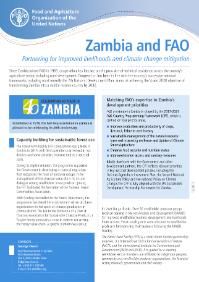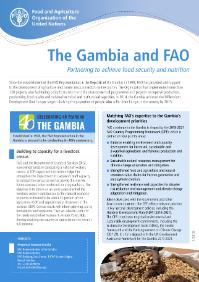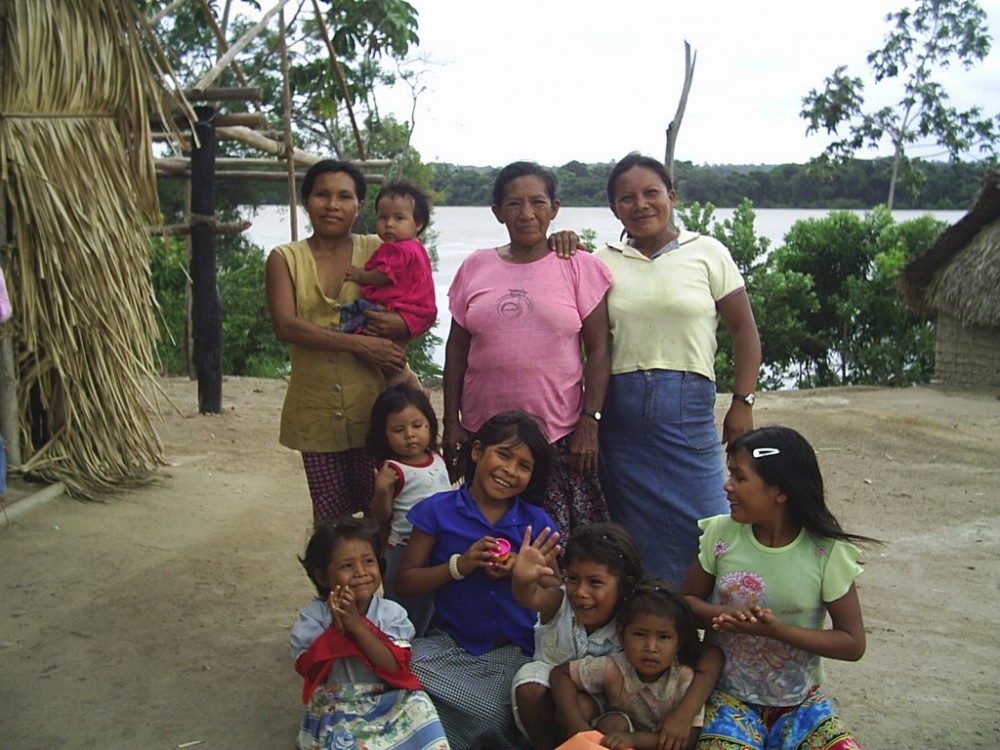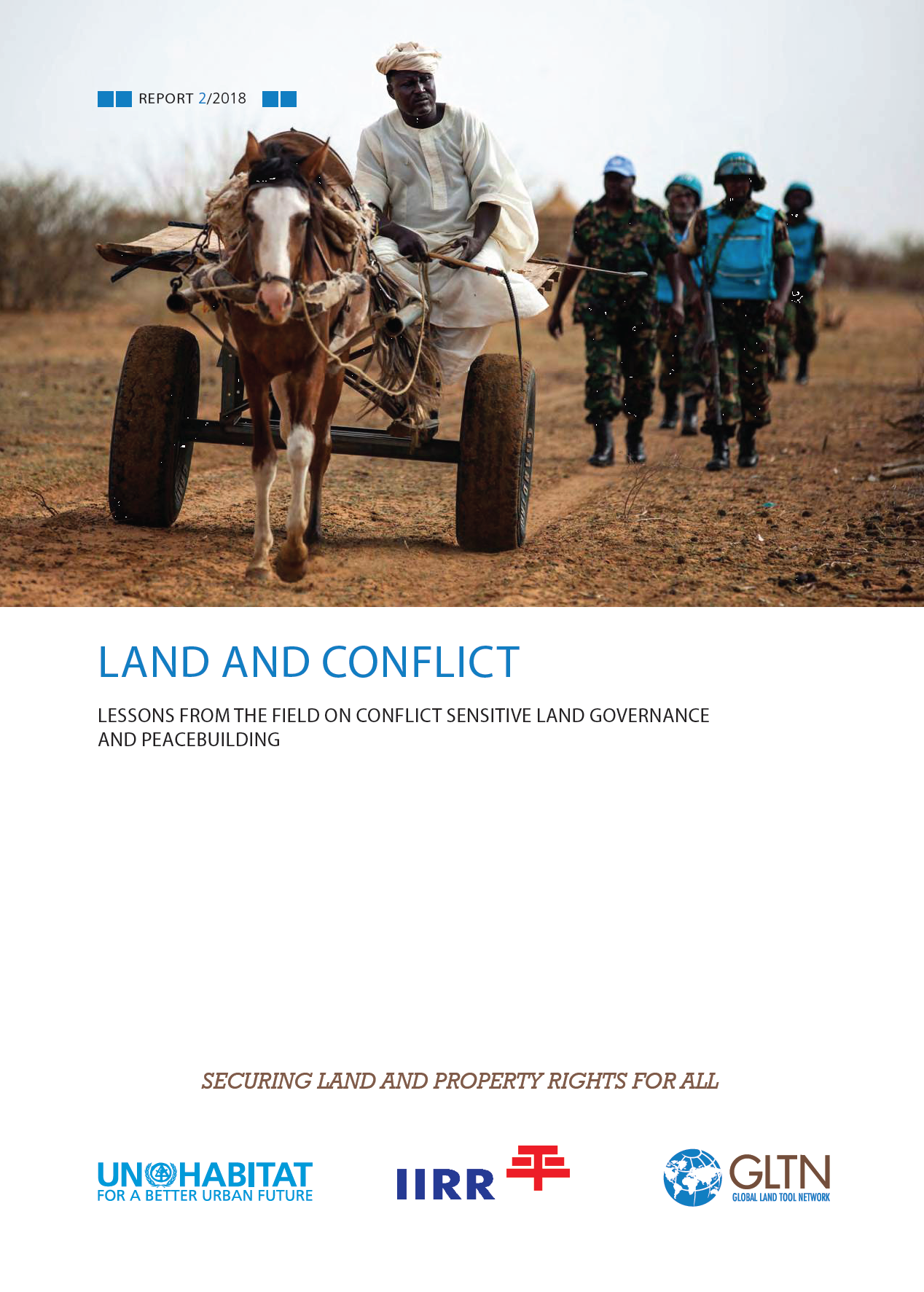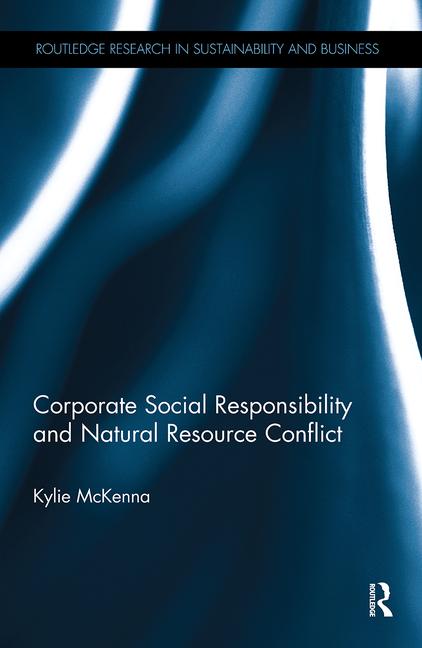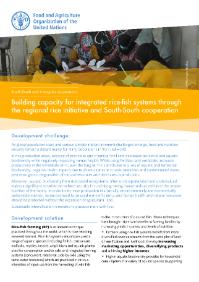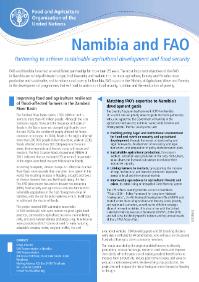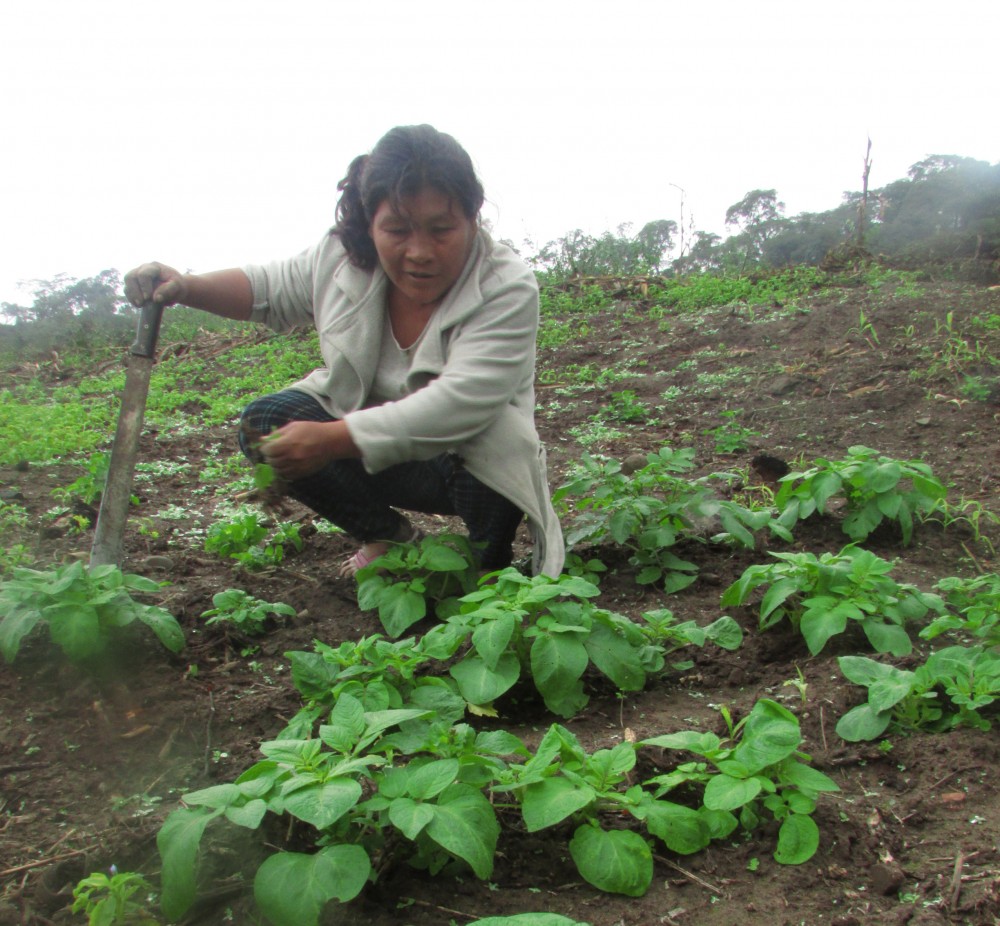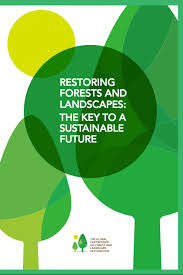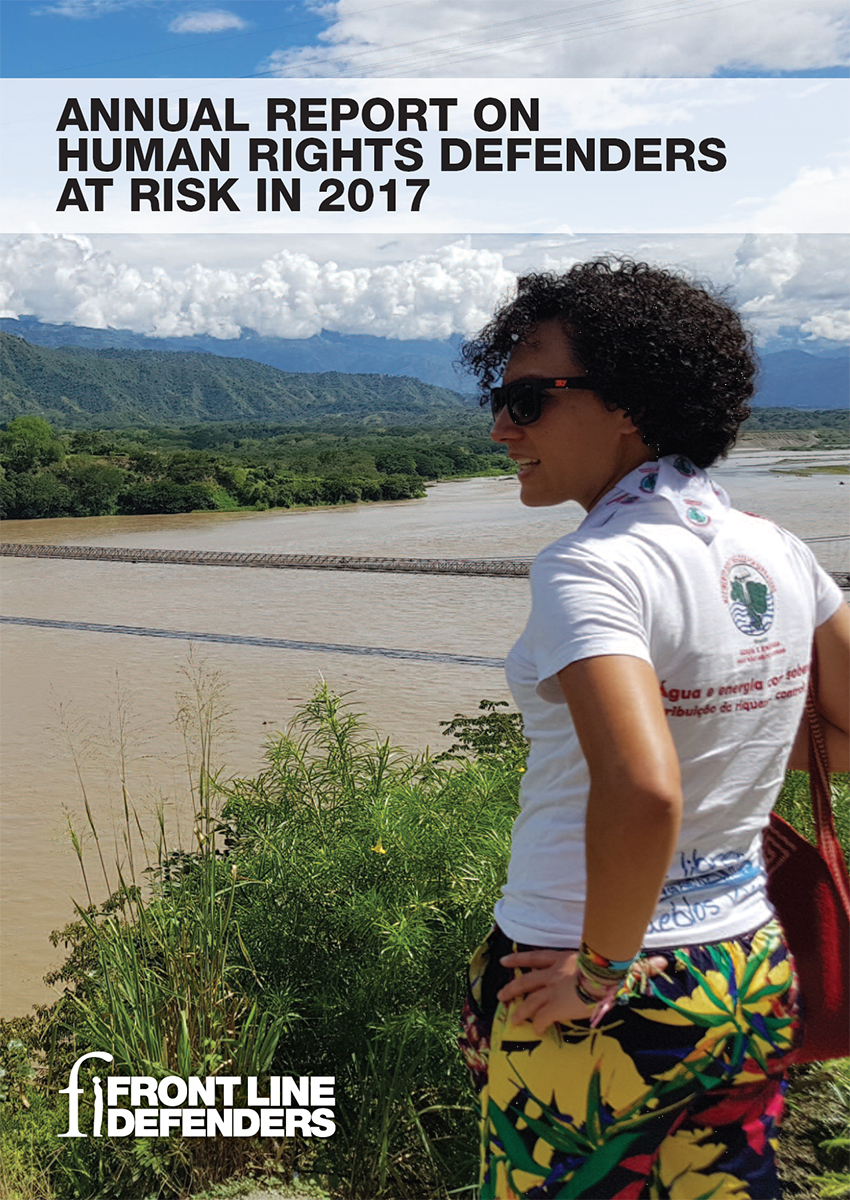Zambia and FAO
Since Zambia joined FAO in 1965, cooperation has focused on the provision of technical assistance across the country’s
agriculture sector, including rural development. Cooperation has been in line with the country’s successive nationalframeworks, including most recently the 7th National Development Plan, aimed at achieving the Vision 2030 objective oftransforming Zambia into a middle-income country by 2030.
